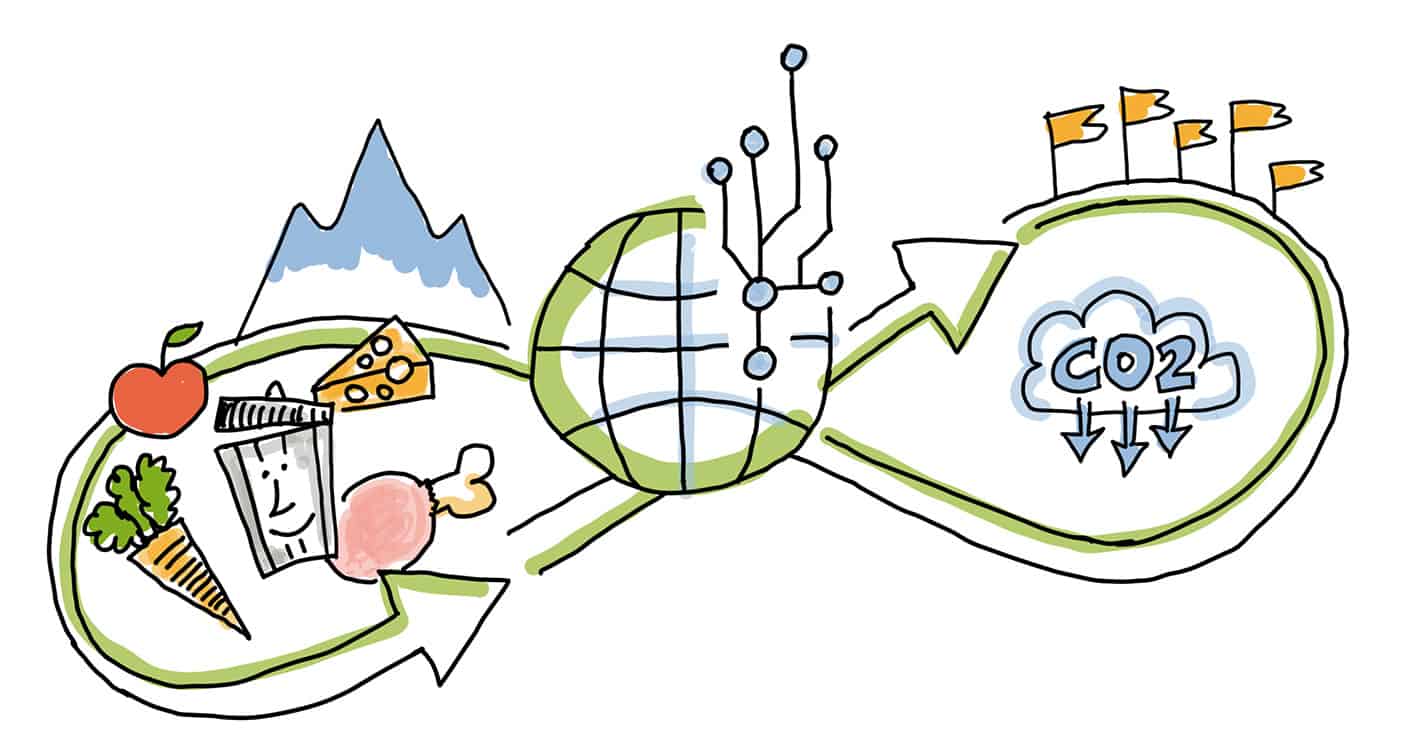The pilot activity will involve institutional actors, mentor companies, local networks and actors who can facilitate dialogue between different entities (such as universities, research centers and development and promotional actors).
The main purpose of the pilot activity is to redraw economic models according to a different idea which is circular and not linear. There are many different reasons behind this thesis, but the main one is that the organic waste is a crucial element which can be exploited in terms of innovation and testing. In Europe, 40% of whole waste is organic one, and only the 33% is recycled.
It means that a 66% of possible waste can be recycled and this would bring to reduce general waste but also to allow valorizing productive and innovative capabilities of local companies, thus creating opportunities, work and well-being so to protect environment and its ecosystem and to adapt to climate changes (Regione Piemonte, Università di Scienze Gastronomiche, Economia Circolare nel sistema agroalimentare piemontese, 2022).
One of the major current issues, also addressed by SDGs of United Nations as a crucial element of sustainability, is shared knowledge and the development of an integrated information system. In the food system field, sharing knowledge still needs commitment, initiatives and involvement and should be supported by a modern and effective training activity.
It is within this framework that Lamoro pilot activity is inserted and will try to establish a new dialogue and a new information and knowledge sharing activity among local actors. The first meeting to discuss about strengths, weaknesses, opportunities, and threats will be held in January 2024.



